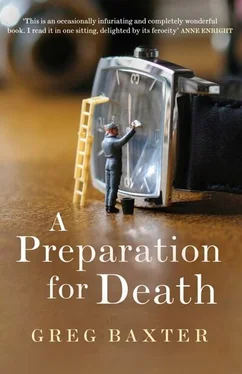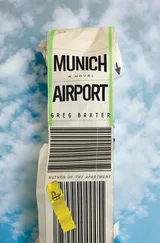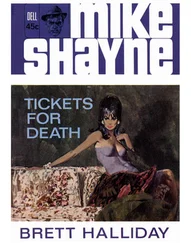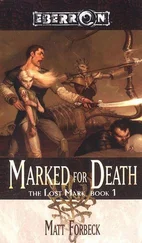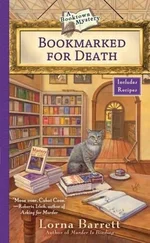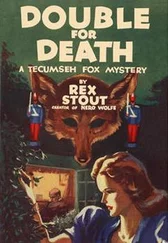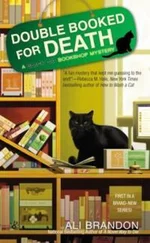A friend, Daniela, gave me an old violin case as a going-away present. Six weeks ago I joked that I wanted to have a violin case to walk around the city with, so that people would think I was a musician. She knows an old man who is a musician, and he said there was an old case in his attic. People are reluctant to give up antique violin cases, because they can be quite valuable, but Daniela persuaded him. She will not tell me how, but I presume she gave him quite a bit of money. And for a night I got to walk around Vienna with a violin case. Of course, the Viennese would know it was a joke — nobody uses old cases — but for the few tourists here in February, I might have become an occasion for remembrance, a man in a bar sitting beside his violin after a concert he had given. And I’m the girl in a hat with the musician, said Daniela.
I have started to get very tired. Perhaps it was the three nights out till morning, or perhaps it is the thought of returning to Dublin. Of the last glimpses of an impossible life. I hear it is snowing in Dublin, but it has been warm and grey in Vienna for the past week. I walk around with my pea coat open. Walter has made a decision to go into rehab — a last shot at existence, he says; the day after I leave, he will go to a clinic to live clean for a few months. He has also been diagnosed with depression. I did some shopping for Clare and got some lederhosen for our baby. I also bought a little blue winter cap for when he is born. The size of it in my hands, there in the shop on Kärtnerstrasse, and again on the street with Walter outside a music shop, is the first experience I have had in which his arrival — in a few months — seems almost real.
In 2002, on my second-to-last night in Vienna, a bunch of us got together in Onka’s restaurant, to celebrate the end of my four weeks. Christl and Erich were there. So was Daniela. Walter was there, and his brother Michael, and some other friends. A few of the staff stayed around after the bar closed. Onka played music until four a.m., and when everyone left, Walter, Onka, Michael and I remained. Onka suggested we get a taxi to the Jubiläumswarte — a lookout tower — in the hills on the edge of the city, and watch the sun come up over Vienna. She took a few bottles of champagne out of a refrigerator. The drive there lasted half an hour, because we got a little lost, and there was already light in the sky. We climbed up the spiral staircase hurriedly. This was the first or second day of July. A heatwave had been raging for weeks. The sky above the city was hazy. Before the sun came up, the city was grey-blue — and we sat together with our legs hanging over the edge for half an hour, drinking. When the sun cracked the horizon, the grey-blue was vaporized by gold, a gold so dramatic that it burned our eyes. There had been a lot of talking before that, but suddenly there was nothing to be said. Michael put his hand on my shoulder. We stayed there for another hour, and Walter fell asleep.
This time, Walter and I had planned to drive an hour out of town to another lookout tower, but in the mountains. But with all the tumult caused by his worsening condition and his departure next week, this plan has been abandoned. Tonight I am meeting Christl and Erich, Daniela, Dieter and Heidi — and perhaps Walter will join us — at a gallery opening near Urban Loritz Platz, and then we will go to a restaurant in the Eighth District. Maybe Daniela and I will stay out late. I have kept tomorrow free for myself. I will have my headphones, and plan to walk around the city all day — fog is the forecast for the morning, then sunshine. I may walk to the Votivkirche. I will visit the Schiele exhibit alone. Tomorrow night, after a dinner by myself, I will go to Peter’s Operncafé and listen to some music. When I get home, I will have a bottle of wine in the kitchen and listen to some of the new music Walter and I bought. And at some point during this day I plan to separate the self I shall leave here from the self that will return: to cast the author of this book into a condition of permanent aimlessness, here in Vienna. I will go one direction and he will go another. This is my wish for him, since, if he returns to Dublin, he will forget the perfection of inexistence. He will grow out of the despair he worships. I cannot send him back to an office. I cast him into darkness. May he haunt the lives of the characters here as long as they live. May I glimpse him one day when I return.
On Saturday, my last night, I will meet some members of the old fraternity — Walter, Lucy, a half-dozen others — at Santo Spirito, and later we’re meeting Maxine and Barbara at Motto: they are back from Linz for the weekend. Sunday, I will pack up and go. Walter’s also going to pack. Dieter and Heidi will take me to the airport. We will wish we had longer. This is always the way at the airport — not enough has been said; not enough has been done.
So the end exists not here, not now, but in the empty, unlived space of the next few days.
Special thanks to Brendan Barrington.
Financial assistance from The Arts Council of Ireland is gratefully acknowledged.
Versions of ‘Two Working Days’, ‘That Lovely Season Now Expired’, ‘The City of Perpetual Night’ and ‘Glitter Gulch’ first appeared in The Dublin Review .
